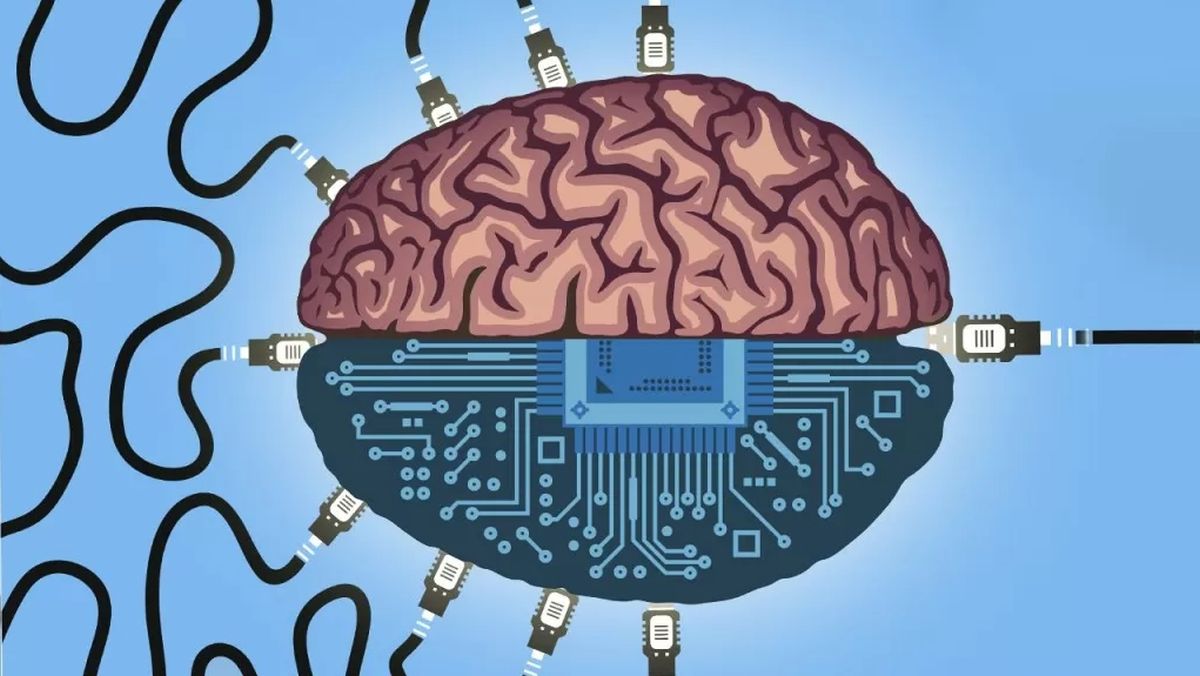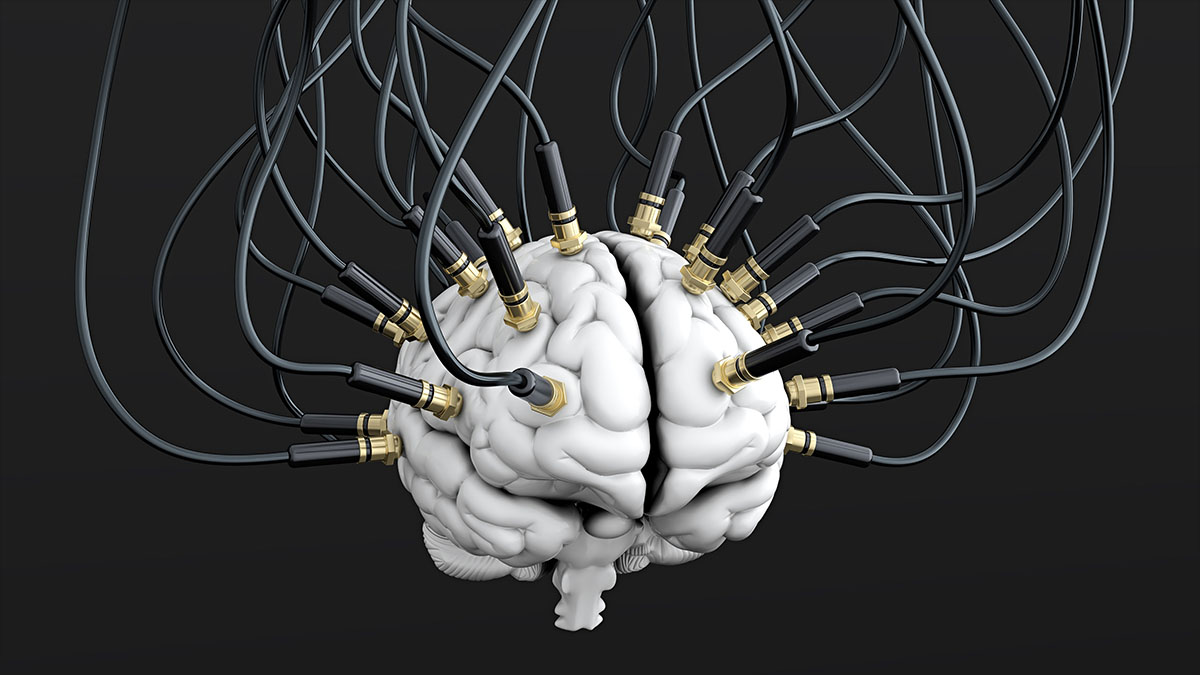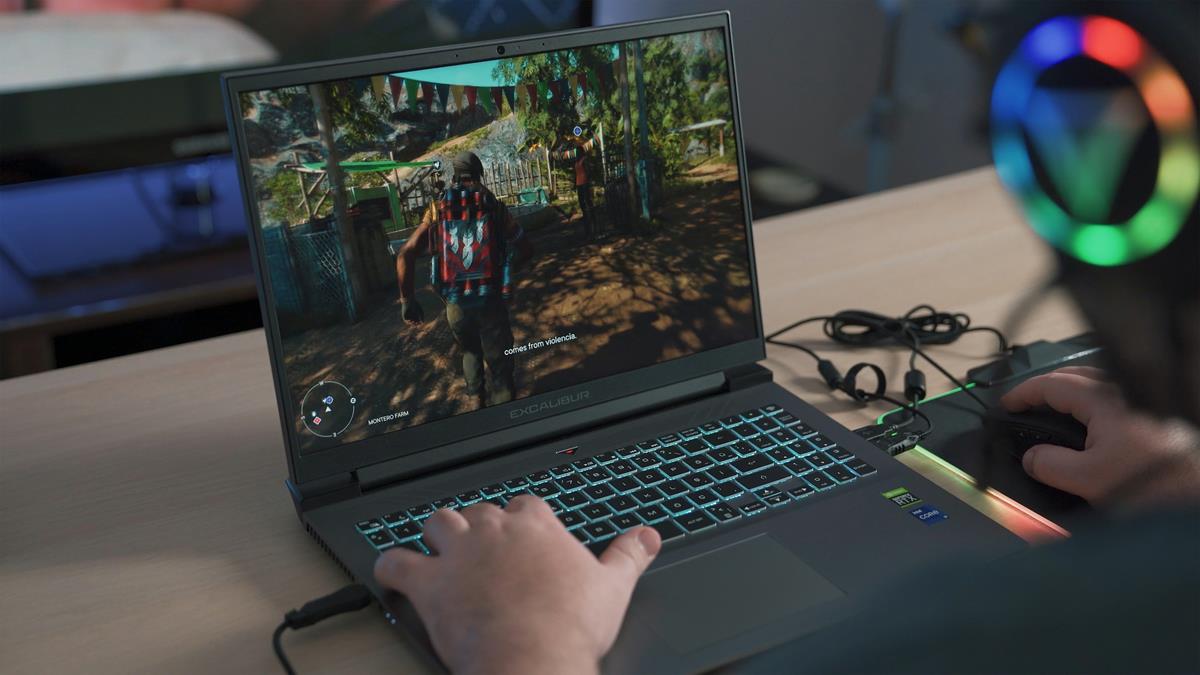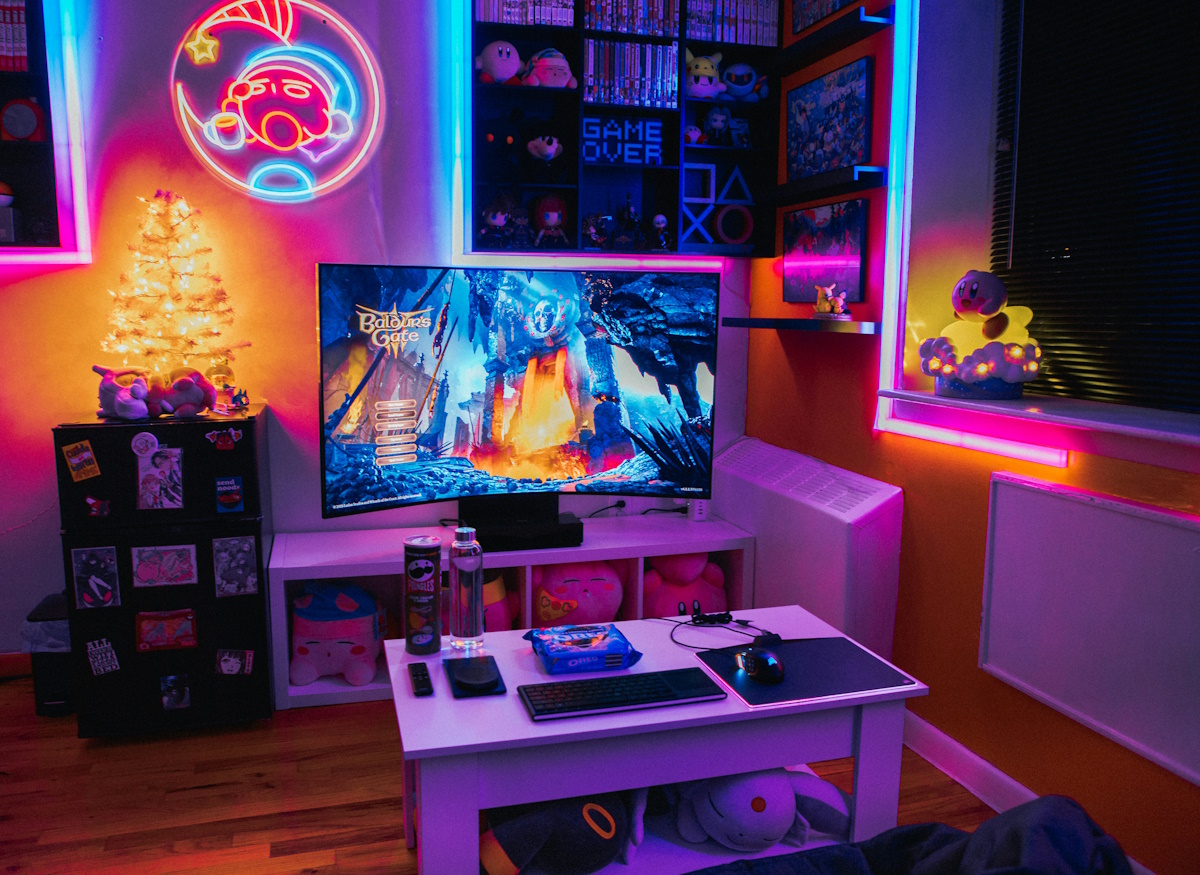Sci-Fi dream comes true: Brain-powered computers

Scientists are working on a big project that includes producing computers by using the same materials that power the human brain.
According to a report by the Independent, scientists are working on a jaw-dropping project. It might sound like a dream at first glance, but interestingly, the report shows that it is quite possible. Scientists believe that it can be accomplished by building biocomputers made out of 3D collections of brain cells. The biocomputers would also function as biological hardware that would accelerate the creation of new types of computers.
Researchers have already trained a brain-based computer to play the Pong video game. Even though it is very basic right now, the first step signals that they are looking to improve it in order to create a new capability comparable to AI. In the future, this brain-based computer might be spread through different industries with multiple copies.

“We call this new interdisciplinary field ‘organoid intelligence’ (OI). A community of top scientists has gathered to develop this technology, which we believe will launch a new era of fast, powerful, and efficient biocomputing,” said Thomas Hartung of Johns Hopkins University.
There is a long and hard work ahead of the scientists to make biocomputers practical for use. The Independent says that a group of researchers has suggested a new investigation to look at brain organoids to power computers. They are grown in the lab and have few of the functions of the brain, like learning and memory. The brain organoids have approximately 50,000 cells, while 10 million are needed for organic intelligence. Current technology lags behind compared to the actual capabilities of the human brain.
“Brains also have an amazing capacity to store information, estimated at 2,500TB. We’re reaching the physical limits of silicon computers because we cannot pack more transistors into a tiny chip. But the brain is wired completely differently. It has about 100bn neurons linked through over 1015 connection points. It’s an enormous power difference compared to our current technology,” Hartung added.
Artificial intelligence has shown impressive progress in the past few years. We now have efficient chatbots like ChatGPT that help us do certain and simple tasks. Apart from these chatbots, humanoid robots and self-driving cars also carry a few of the human attributes and senses. However, these tools might sound easy to make compared to biocomputers.
In other words, we are currently at a point where generative artificial intelligence is slowly becoming an important part of our lives. However, none of the technologies we have achieved so far are anywhere near as good as our brains.
Advertisement



















